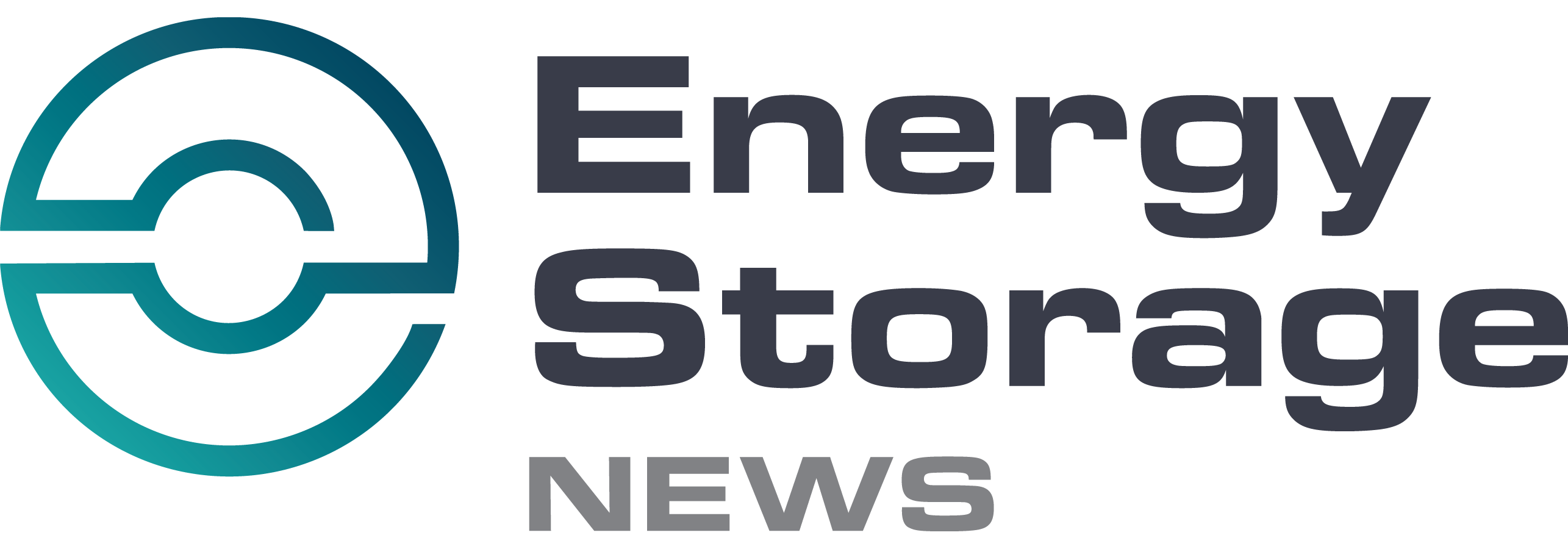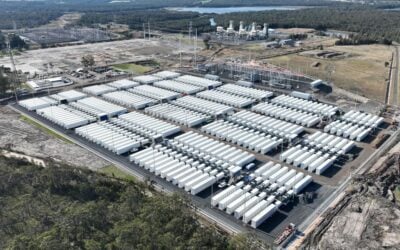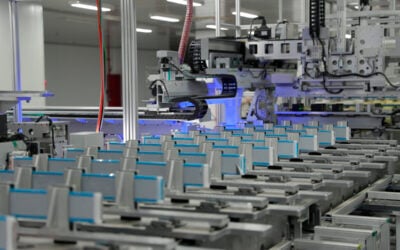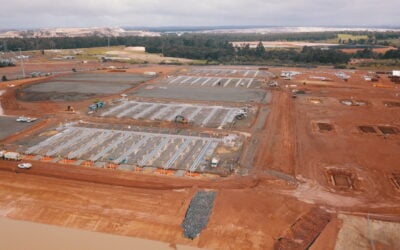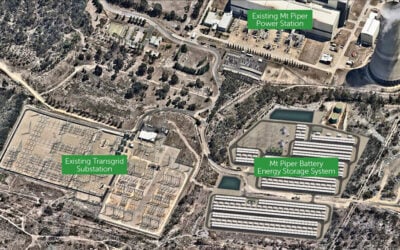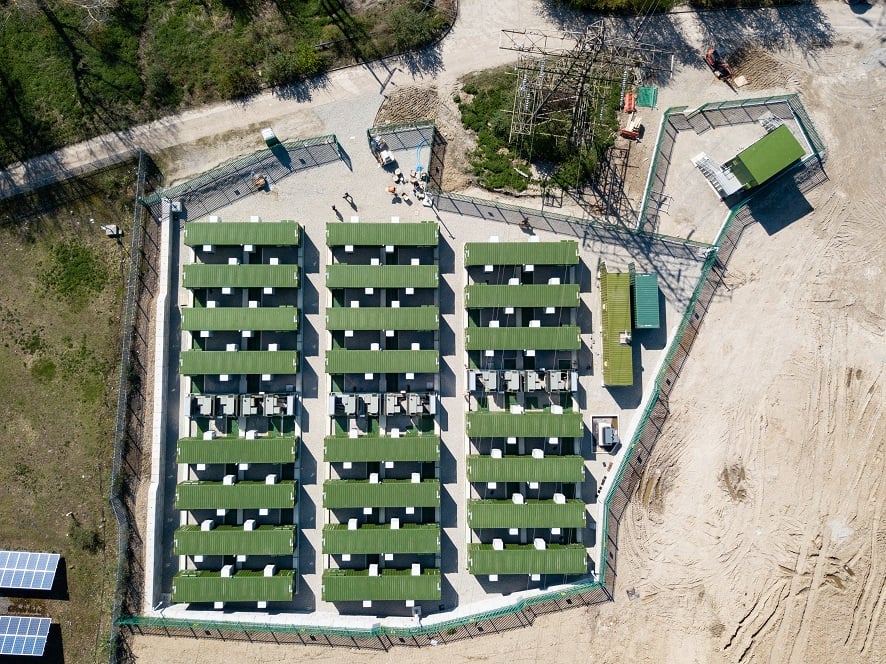
Concern has been raised by the industry about battery storage consistently being overlooked in the UK Balancing Mechanism (BM), as the sector’s average revenues plummeted in the first half of 2023.
On behalf of its 80 members, trade body Electricity Storage Network (ESN) penned an open letter to transmission system operator National Grid expressing concerns over the Balancing Mechanism’s (BM) average ‘skip rate’ of 80% for large-scale batteries between November 2022 and May 2023.
Enjoy 12 months of exclusive analysis
- Regular insight and analysis of the industry’s biggest developments
- In-depth interviews with the industry’s leading figures
- Annual digital subscription to the PV Tech Power journal
- Discounts on Solar Media’s portfolio of events, in-person and virtual
Or continue reading this article for free
The BM is used to balance supply and demand on each half-hour trading period of the day, and an asset is ‘skipped’ if a more expensive bid or offer is taken up instead of that asset. Market intelligence firm Modo Energy said the skip rate for batteries was even higher in 2023 alone, at 91%.
The ESN’s letter, penned at the end of July, said these actions cost UK consumers around £150 million (US$190 million). It blamed outdated IT systems and manual processes in National Grid’s Control Room resulting in batteries consistently being skipped over in favour of larger, carbon-intensive and more expensive assets like fossil fuel gas plants.
The ESN called for ‘greater urgency and a step-up in engagement between ESO and the storage sector’ and ‘more accurate data on the dispatch of storage vs other technologies, including making the Dispatch Transparency dataset, which states ESO’s reasons for skips, more transparent’.
It comes as the UK battery storage sector saw average revenues per MW plummet in the first six months of 2023 compared with the same period last year. Energy-Storage.news has been told this anecdotally by industry sources while Modo has published numbers on it.
The firm’s Revenue Benchmark for July was £5,892/MW (US$7,500/MW), up 54% from the previous month but down around two-thirds from a year prior. Across the first half of the year, Modo’s monthly benchmark was down a similar amount.
Energy-Storage.news reported on Modo’s analysis of ancillary service Firm Frequency Response (FFR) auction prices hitting a 3-year low in May, in the “surest sign yet that saturation is starting to bite”, Modo commercial data analyst Shaniyaa Holness-Mckenzie said at the time.
The topic of market saturation has come up a lot when discussing ERCOT, Texas, where battery energy storage capacity looks set to exceed the market for ancillary services sometime next year.
Additional reporting by Current.
